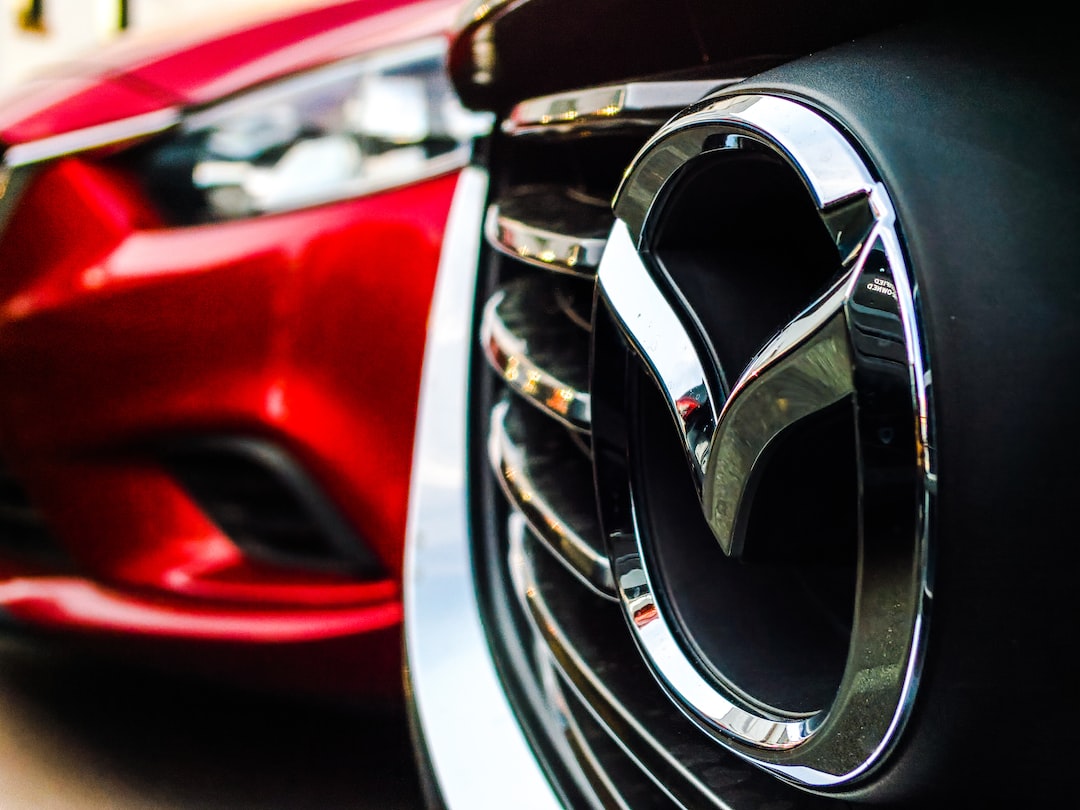How to Increase Fuel Efficiency in Your Car
With the rising cost of gasoline and the increasing concern for environmental sustainability, it has become more important than ever to increase fuel efficiency in our vehicles. Not only can this save us money in the long run but also help reduce our carbon footprint. If you’re looking for ways to improve your car’s fuel efficiency, here are some effective tips to follow.
1. Drive Smoothly:
One of the simplest ways to increase fuel efficiency is to drive smoothly. Avoid unnecessary acceleration and deceleration as they require more fuel. Abrupt stops and starts waste energy and reduce your car’s overall efficiency. By driving at a moderate speed with constant throttle application, you can optimize fuel consumption and increase your mileage significantly.
2. Maintain a Steady Speed:
Driving at a steady speed on highways can greatly enhance fuel efficiency. When your car is at a constant speed, it operates at its most efficient level, minimizing the amount of fuel consumed. Utilize cruise control when possible to maintain a steady speed and reduce the need for frequent acceleration and braking.
3. Regular Maintenance:
Keeping up with your vehicle’s maintenance is crucial for fuel efficiency. Regularly change the oil and air filters as recommended by the manufacturer. Clean air filters allow better airflow to the engine, resulting in improved fuel economy. Also, ensure the tires are properly inflated because underinflated tires can increase fuel consumption. Regular tune-ups and servicing will help identify any potential issues that may negatively impact your car’s efficiency.
4. Reduce Excess Weight:
Extra weight in your car can significantly decrease fuel efficiency. Remove any unnecessary items from your trunk or back seat. For every 100 pounds of weight reduction, you can increase your mileage by around 1-2 percent. Travel light whenever possible and only carry essentials to optimize your car’s fuel economy.
5. Avoid Excessive Idling:
Idling consumes fuel unnecessarily, whether you’re waiting at a traffic light or parked with the engine running. If you know you will be stopped for more than a minute, it is better to turn off the engine. Restarting the engine uses less fuel than idling for an extended period.
6. Plan Your Trips:
Combining errands into one trip and planning your routes in advance can help minimize unnecessary mileage. Avoid rush hour traffic or busy roads whenever possible to keep your car moving consistently and efficiently. By optimizing your trips, you can significantly reduce fuel consumption.
7. Use the Right Fuel:
Using the fuel recommended by your vehicle manufacturer is essential for its optimal performance and fuel efficiency. Using a higher octane fuel than what is required will not improve your car’s efficiency and can be a waste of money. Stick to the manufacturer’s guidelines to ensure maximum fuel economy.
8. Avoid Using Roof Racks:
If you often use roof racks or rooftop carriers, it’s essential to remove them when not in use. Roof racks increase wind resistance and can significantly reduce your car’s aerodynamics, leading to higher fuel consumption. Removing them when not needed will improve your fuel efficiency and reduce drag.
9. Invest in Aerodynamic Modifications:
For those looking for long-term fuel efficiency improvements, considering aerodynamic modifications may be beneficial. Adding a rear spoiler or side skirts can reduce drag and improve your car’s fuel economy. However, these modifications can be expensive, and their effectiveness may vary depending on your vehicle type and driving conditions.
10. Consider Alternative Transportation:
Sometimes the best way to increase fuel efficiency is to reduce the frequency of using your car altogether. Consider utilizing public transportation, carpooling, or cycling for shorter distances. This can not only save fuel but also contribute to a greener environment by reducing greenhouse gas emissions.
By adopting these tips and incorporating them into your daily driving habits, you can increase your car’s fuel efficiency, save money, and help preserve our planet. Combining multiple strategies will yield the best results, so start implementing these changes today and make a positive impact on both your wallet and the environment.

